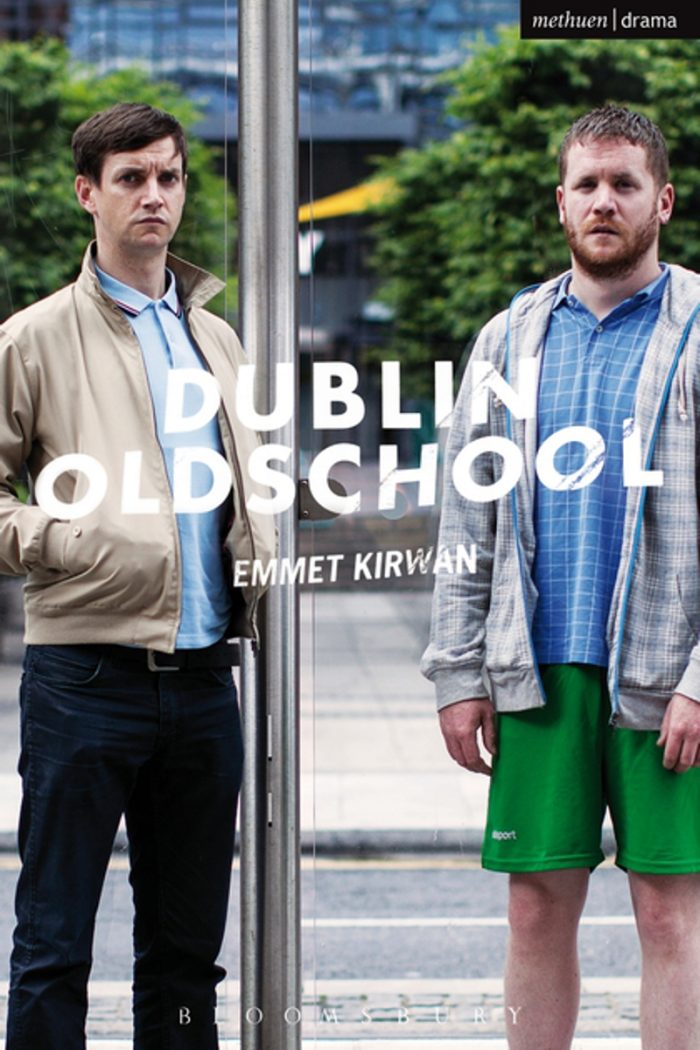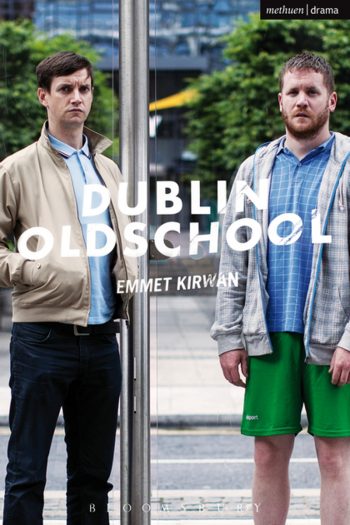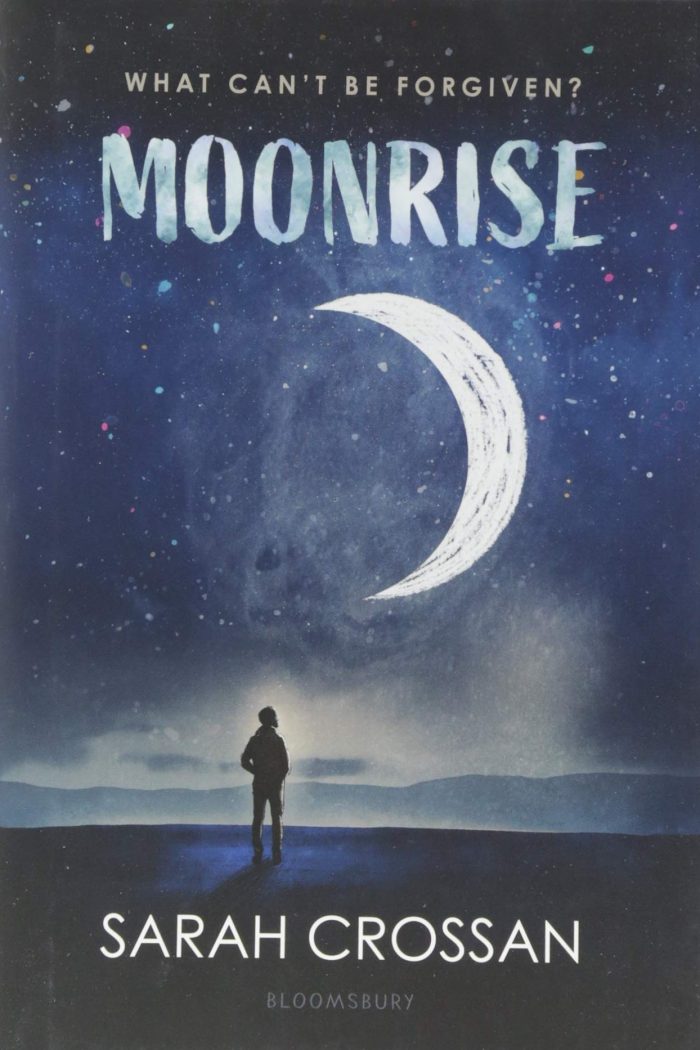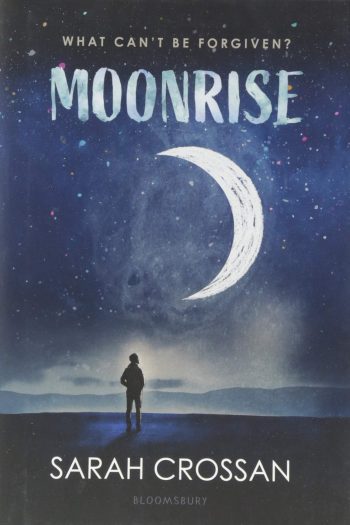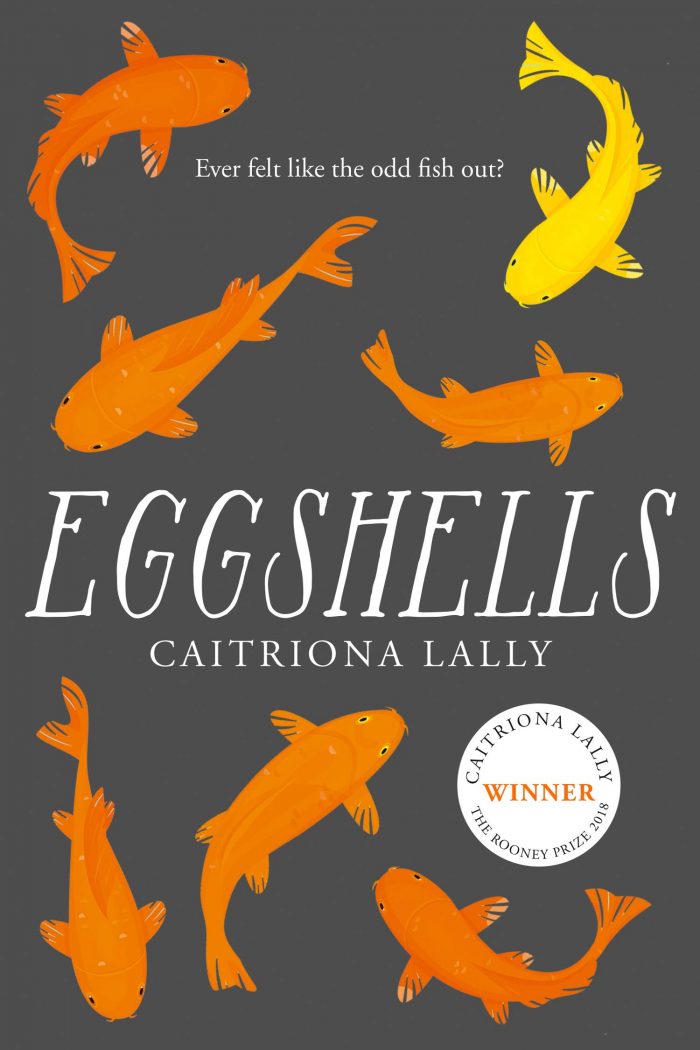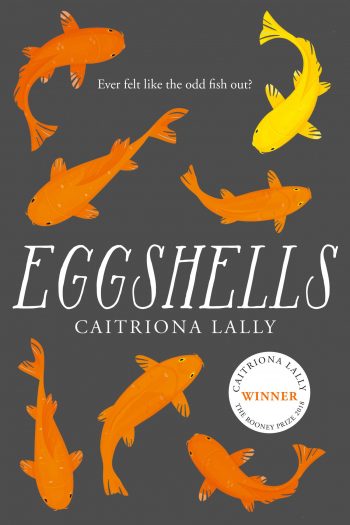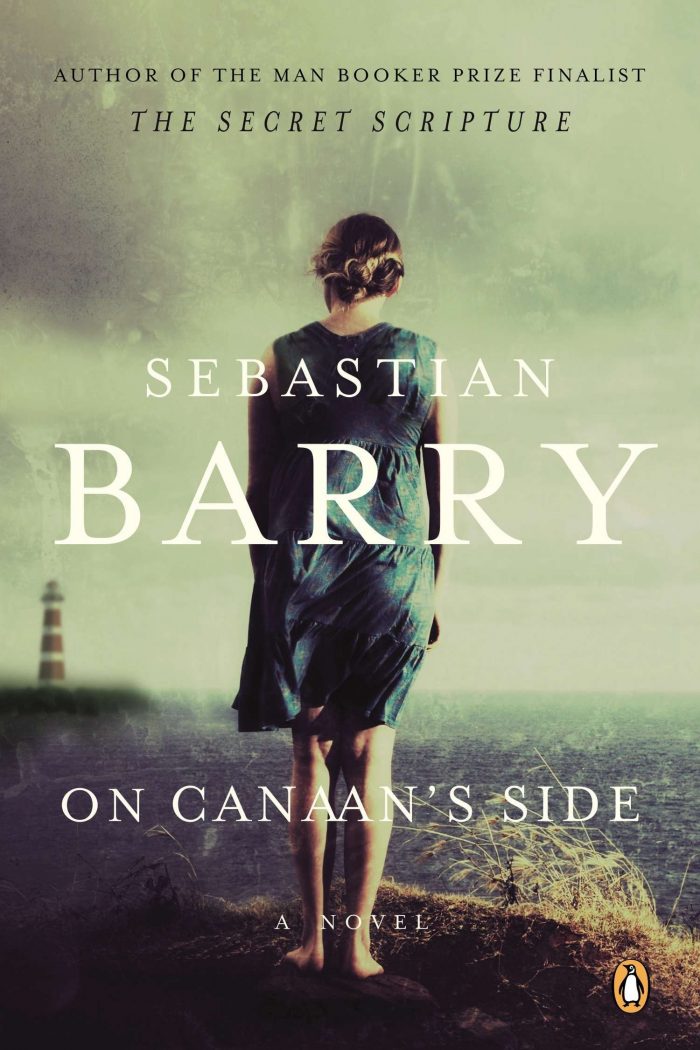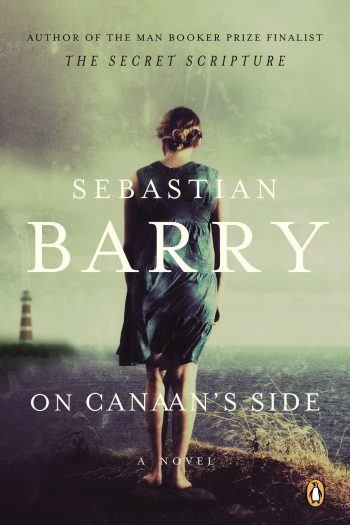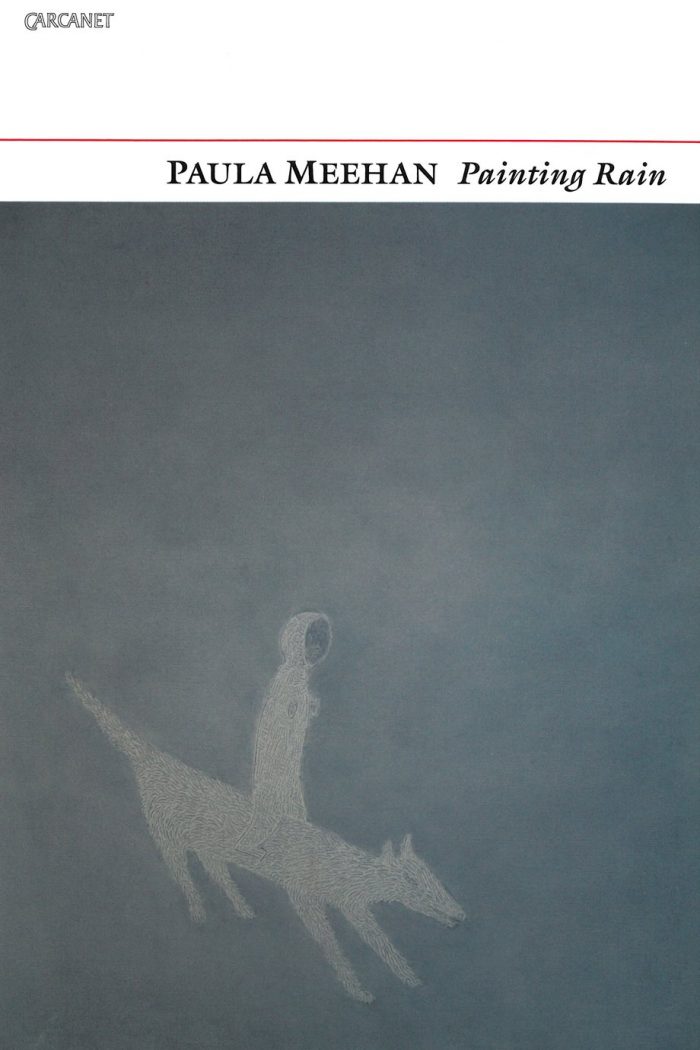
Painting Rain
Paula Meehan
2009 • Carcanet
Toward the end of Painting Rain, I grew very interested in re-examining the whole area of confessional poetry. I started to read again poets who were labeled confessional, some of the American poets—Sexton, Lowell. I was reading the poems written more in organic forms where the lines just come and follow each other in their own pattern. I was especially interested in its use as a put-down, as a negative term. And I wanted to write confessional poetry, to return closer to the mode I composed in as a young poet; I wanted to put a lot of pressure on the word confessional. I wrote what one of my friends calls ‘the shallow grave poems,’ excavations of material in my own family life, material that has always disturbed and frightened me. One poem, about a suicide attempt that my mother made a few years before she died, I called ‘This is Not a Confessional Poem’ because I wanted to signal that I knew that would be the exact word that would be used to dismiss it. […] I wanted to politicize that sequence of poems, to get them some context where to affirm again that the witness of individual suffering is of value and is indeed central to the longer, wider river that is world poetry.
— Paula Meehan

Painting Rain
Paula Meehan
2009 • Carcanet
Toward the end of Painting Rain, I grew very interested in re-examining the whole area of confessional poetry. I started to read again poets who were labeled confessional, some of the American poets—Sexton, Lowell. I was reading the poems written more in organic forms where the lines just come and follow each other in their own pattern. I was especially interested in its use as a put-down, as a negative term. And I wanted to write confessional poetry, to return closer to the mode I composed in as a young poet; I wanted to put a lot of pressure on the word confessional. I wrote what one of my friends calls ‘the shallow grave poems,’ excavations of material in my own family life, material that has always disturbed and frightened me. One poem, about a suicide attempt that my mother made a few years before she died, I called ‘This is Not a Confessional Poem’ because I wanted to signal that I knew that would be the exact word that would be used to dismiss it. […] I wanted to politicize that sequence of poems, to get them some context where to affirm again that the witness of individual suffering is of value and is indeed central to the longer, wider river that is world poetry.
— Paula Meehan
Description
This is Paula Meehan’s eighth collection of poems. Her poems have been set to music by various songwriters and composers, including Christy Moore, and she has written poetry for dance, film, and the visual arts. Her work has been published extensively in translation. She has also written ten plays. In 2013, Meehan was appointed as the Ireland Professor of Poetry, by President Michael D. Higgins, becoming the sixth holder of the position.
Excerpts
Interviews
Reviews
- Luz Mar González-Arias, Estudios Irlandeses
- Wolfgang Gortschacher, Poetry Salzburg Review
- Dilys Wood, Artemis
- Barry Cole, Ambit
- Review, The Irish Times
Audio
- Irish Writing Blog: Paula Meehan - 'Well' (Live from Cúirt International Festival of Literature)
- Illuminations Maynooth: Paula Meehan Talks to Jody Allen Randolph
- UCD Scholarcast: Paula Meehan Ireland Chair of Poetry Lecture 2014
Video
- Elaine Crowley: 'Working with Metal' - Short film about Paula Meehan
- Cúirt 2013: Paula Meehan - 'Hannah, Grandmother'
- Paula Vigil4Savita: Meehan Reads a Poem for Savita Halappanavar
- HoCoPoLitSo: Paula Meehan Reads her Work and Talks About her Childhood
- Lenoir-Rhyne University: Paula Meehan Reads From her Work
- Storymap Dublin: Paula Meehan - 'The Lost Children'
- Instituto Cervantes Dublín: Interview with Paula Meehan, Festival Isla 2013

